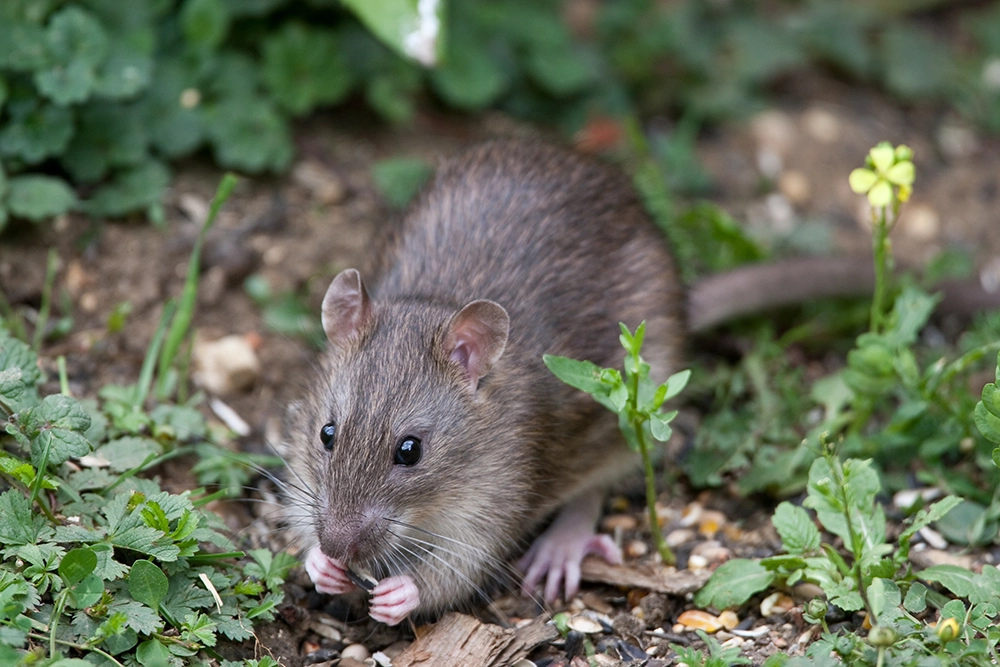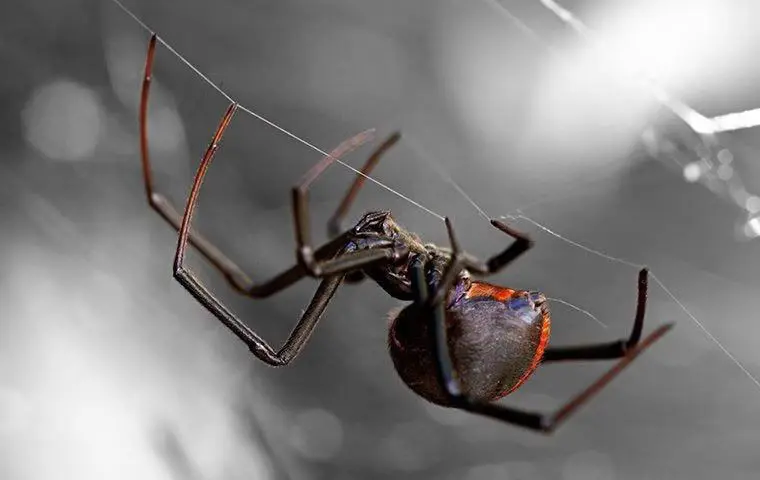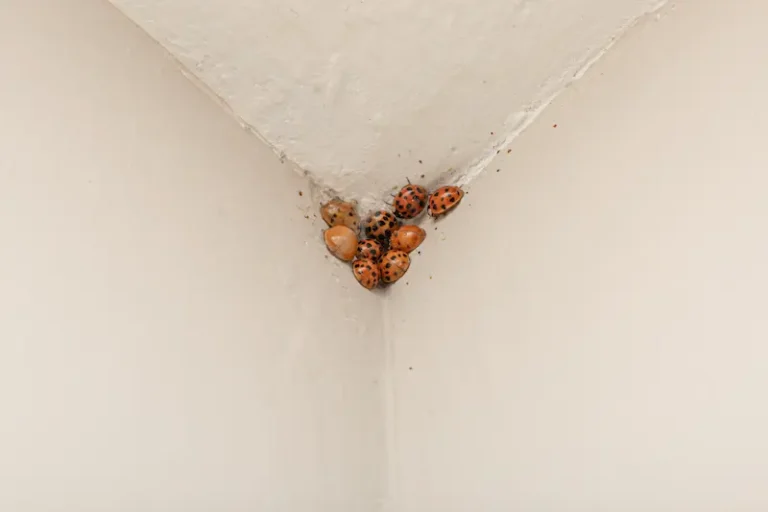To an extent, yes. Rats aren’t picky eaters, and they’ll consume almost anything they can find. From fruits and grains to scraps of meat, their highly adaptable diet makes controlling them especially challenging. This guide explores the wide range of foods that rats eat, both in the wild and in human environments, and why knowing their diet is so important for effective pest prevention.
Rat Diet in the Wild
Wild rats are omnivores, meaning they eat both plants and animals. Their choices depend on their environment and what is available. Common items in a wild rat’s diet include:
- Grains
- Fruits
- Vegetables
- Seeds
- Insects
- And more
Rats are opportunistic eaters, frequently adjusting to the resources available to them. This adaptability, combined with their ability to eat such a broad range of foods, allows them to survive and thrive in many different ecosystems.
Foods That Draw Rats Into Homes
When rats wander into residential areas, it’s usually because they’ve found a reliable food source. Some of the most common items that attract them include:
- Pet Food: Bowls left out or spilled kibble provide easy meals.
- Grains and Cereals: Unsealed containers of rice, oats, or cereal are irresistible.
- Fruits and Vegetables: Spoiled or discarded produce can bring rats indoors.
- Garbage: Uncovered bins or loosely tied bags offer plenty of scraps.
- Compost: Exposed food waste in compost piles is a major attractant.
- Bird Seed: Spilled or poorly stored seed can lure rats.
- Nuts and Seeds: Improperly stored snacks or baking supplies are tempting.
- Garden Produce: Fresh fruits and vegetables growing in gardens are easy targets.
- Human Food Leftovers: Any unsecured food, especially in open spaces, will quickly attract rats.
How Do Rats Search for Food?
Rats are equipped with sharp senses that help them locate food quickly. Their sense of smell is especially powerful, allowing them to detect even small amounts of food from afar. Additionally, rats are skilled at remembering locations where they’ve previously found meals, often returning to the same spots.
They also rely on their whiskers to navigate in the dark, and may travel along established pathways to food sources. This persistence and resourcefulness make rats highly successful scavengers in both wild and urban environments.
Foods That Can Poison Rats
Although rats are highly adaptable eaters, certain foods are dangerous to their health and should never be part of their diet. Items that are toxic to rats include:
- Chocolate: Contains theobromine, which is harmful to their system.
- Sugary Treats: Excess sugar can trigger long-term health problems.
- Processed Foods: High salt and preservatives can be damaging.
- Citrus Fruits: The acidity can upset their digestion.
- Raw Beans: Contain natural toxins unless fully cooked.
- Green Potatoes: Contain solanine, which is poisonous.
- Onions and Garlic: Large amounts can cause health issues.
Prevent Rats From Accessing Food
Rats are resourceful, but there are several effective steps you can take to keep them away from your food supplies:
- Store Securely: Keep food in airtight containers to block access.
- Clean Regularly: Wipe up crumbs and spills promptly to eliminate food traces.
- Seal Trash Properly: Use tightly lidded garbage cans and empty them often.
- Manage Pet Food: Avoid leaving pet food out and store it in sealed bins.
- Handle Compost Carefully: Use closed compost bins and avoid adding cooked food.
- Close Off Entry Points: Seal gaps, cracks, and holes in doors, windows, and walls.
- Inspect Frequently: Check food storage spaces for activity and consider routine pest control visits.
- Elevate Bird Feeders: Place feeders high and keep the surrounding area clean.
- Avoid Outdoor Food: Don’t leave human or pet food outside for long periods.
- Rat-Proof Containers: Invest in bins that rodents cannot easily open.
Quick Rat FAQs
Do rats eat insects?
Yes. As opportunistic omnivores, rats include insects in their diet as a protein source, particularly in the wild or while scavenging.
Can rats eat wood?
No, not as food. Rats gnaw on wood to wear down their teeth, mark territory, or collect nesting material, but they don’t rely on it as a nutritional source.
Protect Your Property From Rats With Action Pest Control
The best way to prevent rat problems is through proper food storage, thorough cleaning, and sealing entry points. For lasting protection, partner with Action Pest Control, which has been proudly serving Indiana, Illinois and Kentucky for over 80 years. Our proven rodent control solutions help keep your property rat-free. Contact us today for a free quote!



